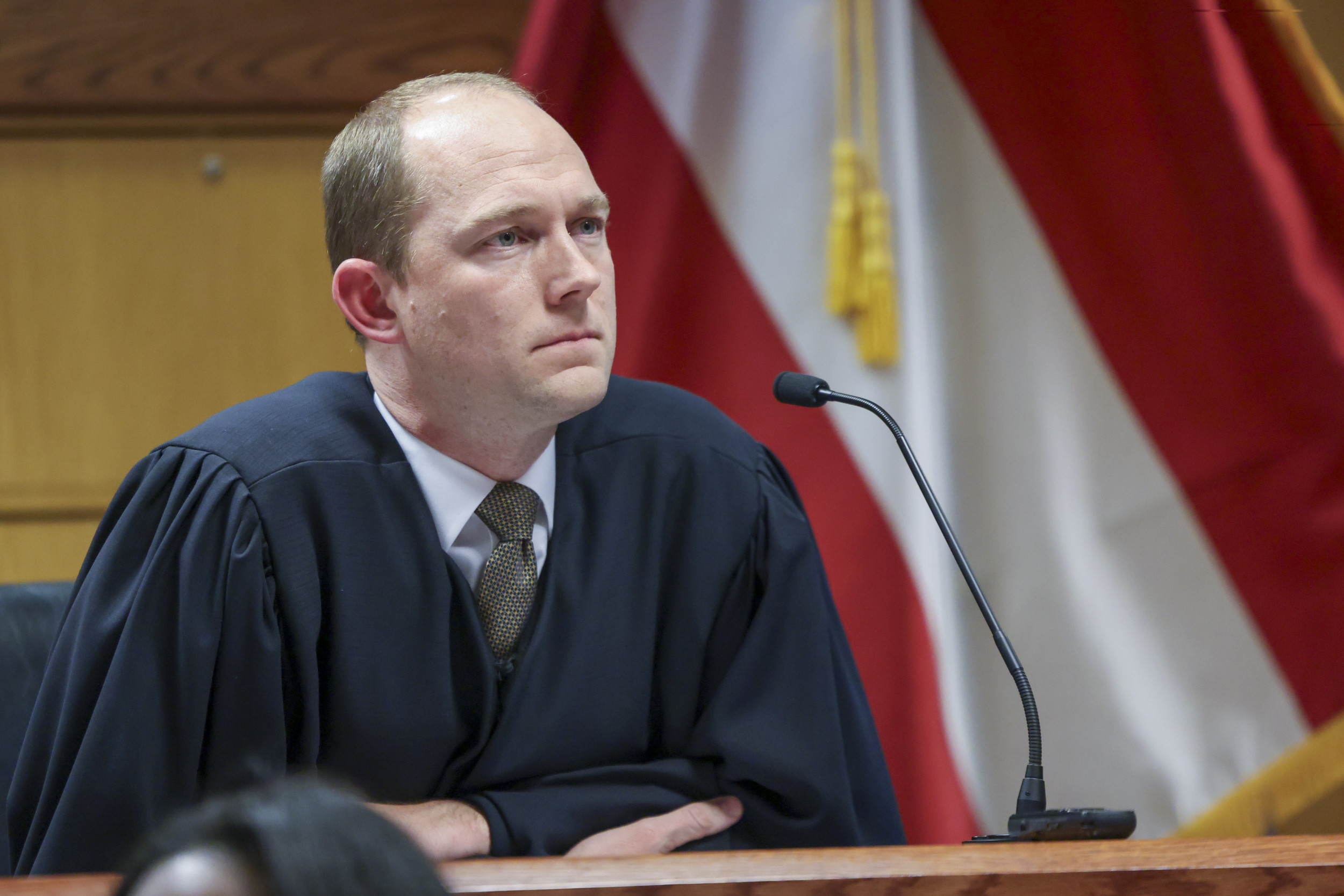Eighty-five years after Kemal Ataturk's bold decision to designate the Hagia Sophia a museum, a symbol of a newly secular Turkey moving beyond its Ottoman past, the call to prayer will once again be heard from the famous structure's minarets.
On July 10, a Turkish court annulled an Ataturk-era government order that had made the famous landmark a secular building. Within hours, Turkish President Recep Tayyip Erdogan signed a decree restoring the building—once the seat of Orthodox Christianity—as an Islamic religious site. Already promising prayers to be held there as soon as July 24, the Hagia Sophia's re-conversion to a mosque is the symbolic cornerstone of Erdogan's years-long efforts to bolster his domestic standing and position Turkey as the region's preeminent Sunni power. But at the same time, his neo-Ottoman ambition risks increasing global religious tensions and eroding the region's rich history.
Upon its completion in December 537 C.E., visitors to the Hagia Sophia (meaning "holy wisdom," in Greek) marveled at its massive dome, with some even remarking that it appeared to be hanging by a chain from heaven. Beyond its spiritual significance as the seat of the ecumenical patriarch—still the foremost leader of the world's 300 million Orthodox Christians—the church projected the Byzantine Empire's then-unparalleled economic and military power. The Hagia Sophia's cultural legacy has been profound, influencing global secular and spiritual architecture alike—including a memorial church currently under construction at New York's Ground Zero.
After the Ottoman conquest of Constantinople in 1453, the city's new rulers converted the cathedral into a mosque. In the 1930s, as a cornerstone of his drive to secularize Turkish society, Turkish Republic founder Kemal Ataturk had the Hagia Sophia and other Byzantine-era sites converted into museums. Archaeologists and conservationists from around the world were invited to uncover and restore the cathedral's Byzantine artwork, plastered over by the Ottomans to conform to Islamic law. For the first time in half a millennium, the public could gaze upon the site's extraordinary gold-leaf mosaics. In the decades that followed, the Hagia Sophia became a UNESCO World Heritage site visited by millions of tourists each year.
With Erdogan government's decree, however, the progress made on preserving and uncovering this multi-layered cathedral-mosque-museum's rich history could be derailed.
In the short term, reopening Hagia Sophia as a mosque is bound to have positive domestic reverberations for the Turkish president. His Islamist-oriented Freedom and Justice Party (AKP) owes its popularity to resurrecting Turkey's Ottoman and Islamic heritage and reversing much of the country's militarily enforced secularist policies. Indeed, after losing municipal elections in major cities (including Istanbul), an economic downturn and poor handling of COVID-19, Erdogan's July 10 decree is certain to rally his Islamist base. Recent polls show most AKP voters supported Hagia Sophia's conversion into a mosque, and pious Turks were seen cheering and praying at its entrance after Erdogan's decree.
Erdogan has also used the decree to appeal to a global Muslim audience. He has declared that the "resurrection" of the Hagia Sophia as a mosque is the first step in liberating Jerusalem's Al-Aqsa mosque from Israel. In a bold speech following the announcement, Erdogan said the Hagia Sophia's re-conversion "is the re-ignition of the fire of hope of Muslims," adding that his decree was driven by hopes of reviving Islam from Bukhara in Uzbekistan to Andalusia in Spain.

While bolstering Erdogan on the homefront and burnishing his appeal to Islamists globally, Erdogan's neo-Ottoman ambitions and expressly sectarian rhetoric threaten to put Turkey on a collision course with its one-time regional ally, Israel, as the two states are at loggerheads over Israel's consideration of applying sovereignty in swaths of the West Bank. Erdogan's words could embolden extremists, as Ankara looks to challenge waning Islamic heavyweights Saudi Arabia and Egypt, who have grown closer to Israel and have been espousing a more moderate, Western-friendly Islam.
Furthermore, Erdogan's decree changing Hagia Sophia's status could stoke regional and global religious tensions while creating a sort of cultural erasure inside its own borders. The Vatican has condemned the decree, while Eastern Orthodox authorities across Europe vehemently came out against Erdogan's decision.
But by leveraging both its role in NATO and the strategic importance of the Incirlik Air Base to the United States' military deployments in the Middle East, Erdogan's government has largely avoided any real international pushback, despite the potential for widespread negative regional reverberations. The international community's muted response to Turkey's increasingly sectarian domestic policy and expeditionary foreign policy has only emboldened Erdogan to become militarily involved in the Middle East, and encouraged Turkey to continue its policy of cultural erasure of the region's multi-layered past.
Ankara has already used its geopolitical clout to pressure countries, including the United States, from recognizing Ottoman-era crimes like the Armenian genocide. And indeed, the world has turned a blind eye to the systemic discrimination that Turkey's ethnic and religious minorities face. Turkish media has reported that religious and ethnic minorities across Turkey have faced a series of attacks in the past month, partially motivated by unfounded rumors that they were fueling the spread of COVID-19.
Even if the global community were to mount a united response to the Hagia Sophia's conversion, Erdogan would likely be unable to walk back the decision at this point. Having made a stand that the structure's re-conversion is a fundamental matter of Turkish sovereignty, bowing to international pressure would humiliate him before his domestic audience and neuter his standing with Muslims globally. The most the world can hope for is that, in the end, Erdogan's policy embodies what the Ottoman system could be at its best: Muslim-dominated, but pluralistic and tolerant, open to the history and culture of the many distinct peoples who have called Anatolia home over the last five millennia. While the Hagia Sophia's mosaics of saints and crosses will be veiled during Muslim prayers, a renewed commitment by the Turkish government to preserve and protect these wonders—and renew work to discover new ones—would go far to allay concerns about the long-term fate of the structure's cultural heritage.
But in the meantime, the next step might be a stronger response from the international community—one that will make Erdogan more carefully evaluate the next steps in his neo-Ottoman enterprise.
Paul Gadalla is a former Beirut-based journalist who also worked in communications at the Carnegie Middle East Center. He has an M.A. in political science and focuses on the Eastern Mediterranean and religious minorities. He is currently based in Washington, D.C. Follow him on Twitter: @BoulosinDC.
The views expressed in this article are the writer's own.
Uncommon Knowledge
Newsweek is committed to challenging conventional wisdom and finding connections in the search for common ground.
Newsweek is committed to challenging conventional wisdom and finding connections in the search for common ground.





